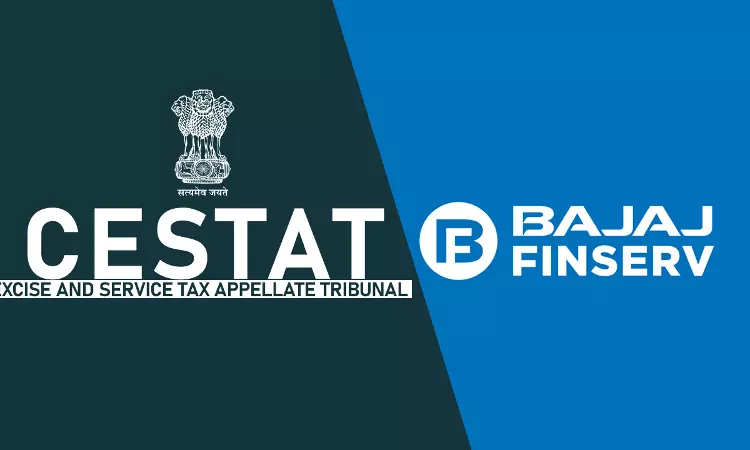The Mumbai Bench of the Customs, Excise, and Service Tax Appellate Tribunal (CESTAT) has held that penal interest and cheque bouncing charges received by Bajaj Finance as "consideration" for "tolerating an act" are not leviable to service tax under Section 66E(e) of the Finance Act, 1994.The Bench of S.K. Mohanty (Judicial Member) and M. M. Parthiban (Technical Member) has observed that...

